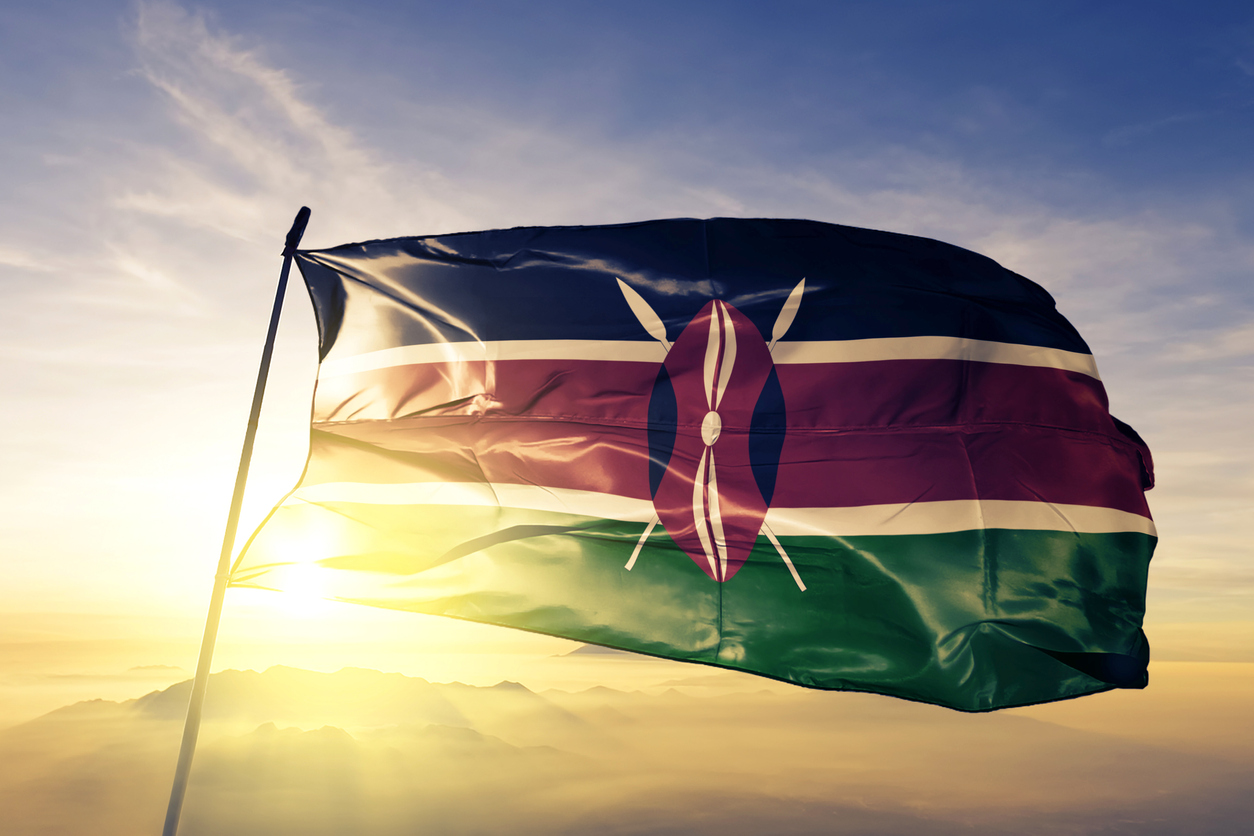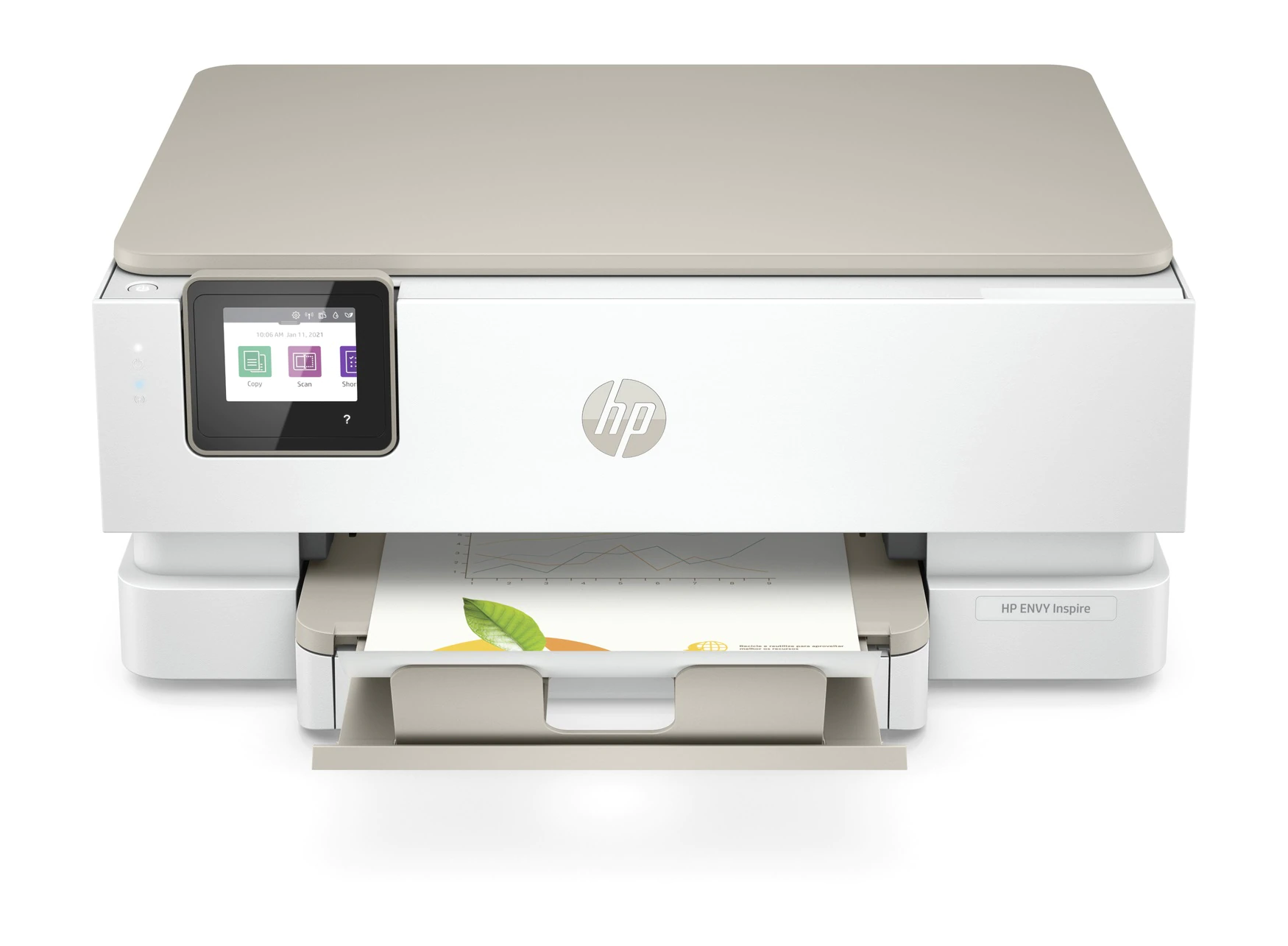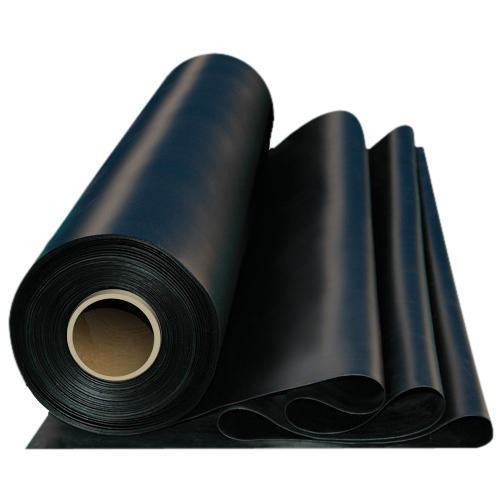The Step-by-Step Guide to Shipping Goods from Colombia to Kenya
The Step-by-Step Guide to Shipping Goods from Colombia to Kenya
Are you interested in shipping goods from Colombia to Kenya? This step-by-step guide can help you get the job done quickly and efficiently. With the right information, you can avoid delays, reduce costs, and ensure a smooth shipping process. From learning the basics of international shipping to understanding the regulations and paperwork involved, this guide will provide you with everything you need to know. With a little bit of research and preparation, you can ensure that your goods reach their destination safely and on time. Read on to learn more about the step-by-step guide to shipping goods from Colombia to Kenya.
Overview of international shipping
Shipping goods internationally is a complex and detailed process that can be confusing for those who are new to the industry. That’s why it’s important to understand the basic terminology used in the shipping process before getting started. The following list will help you understand the basics of international shipping. Destination – This refers to the country where the goods are being shipped. Origin – This refers to the country where the goods are being shipped from. Transportation – This is the physical movement of goods from origin to destination. Logistics – This refers to the process of planning, coordinating, and executing the transportation of goods from origin to destination.
Payment methods for shipping goods
Most international shipping carriers require that the shipper pay for the entire shipment upfront. If you are shipping goods on credit, many carriers will require a letter of credit. A letter of credit is a financial instrument used to guarantee payment for a shipment. The most common payment methods for shipping goods internationally include the following: Cash – While cash is a simple and straightforward payment method, most carriers will not accept it as payment. Cashiers check – A cashiers check can be used as payment for shipping goods internationally. It’s important to note that the check must be issued by a bank and should state the amount of the shipment. Credit card – Major credit card companies allow their customers to use their cards to pay for international shipments. Promissory note – This is a written promise to repay a specific amount of money. Letters of credit – A letter of credit is a financial instrument that guarantees payment for a shipment.
Understanding shipping regulations
Before you ship goods internationally, it’s important to understand the international shipping regulations in your country and the country where your goods are being shipped. There are a number of things to consider when understanding the shipping regulations for your goods. These include the following: Harmonized System Code – This is a nine-digit code that identifies each product based on its nature and purpose. Minimum Import Charge – This is a fee charged by a country when goods are imported and serves as a form of tariff. Quarantine – Some countries have strict quarantine laws that prohibit or restrict the import of certain goods. Special Import Regulations – Some countries have special import regulations that apply to specific goods.
Preparation of goods for shipping
Before you can ship goods internationally, you need to make sure that they are properly prepared for shipment. This means that you must ensure that the goods are clean, dry, and free from pests. Good also must be properly stored and stacked to ensure safe transportation. The following are some things that you should do to prepare your goods for shipping: Clean and sanitize the goods – Make sure that all of the goods are clean and sanitized before you prepare them for shipment. Dry goods completely – You should allow all items to dry completely before storing them for shipment. Disinfest goods – Some types of goods, like food and clothing, may become infested with pests when stored. Make sure that these goods are disinfested before shipping. Stack goods properly – Ensure that all goods are properly stacked to avoid damage during transportation.
Packing and labeling goods for shipment
Once you’ve prepared your goods for shipment, it’s time to pack them for transportation. There are a few things that you should keep in mind when packing your goods for shipping. These include the following: Use the right material for the job – Make sure you use the right material for packing your goods for shipping. For example, you should not use cardboard to pack breakable items. Use enough packing material – You should use enough packing material to protect your goods from damage during transportation. Label the shipment – Make sure that your shipment is properly labeled to avoid confusion when it reaches its destination.
Choosing the right shipping carrier
Choosing a shipping carrier is an important step in the shipping process. It’s important to choose a carrier that has experience shipping goods to your destination. You should also make sure that the carrier has an excellent reputation for customer service. The following are some things to keep in mind when choosing a shipping carrier: Look at reviews – Make sure to read online reviews to learn more about different shipping companies. Browse company websites – It’s also a good idea to browse the websites of different shipping companies to learn more about their practices. Compare rates – It’s also important to compare rates to make sure that you are getting a fair rate for your shipment. Find a carrier that ships to your preferred destination – Make sure that you choose a carrier that ships to your preferred destination. Choose a carrier with experience shipping to your preferred destination – It’s important to choose a carrier that has experience shipping to your preferred destination.
Insurance for international shipments
Once you’ve chosen a shipping carrier, you should consider purchasing insurance for your shipment. Insurance is a smart decision for any business owner who is shipping goods internationally. It can protect your business against loss or damage to your goods during transit. There are two types of insurance that can be purchased for international shipments: Third-party insurance – Third-party insurance covers the cost of replacing your goods in the event of damage or loss. Full cargo insurance – Full cargo insurance covers the cost of replacing your goods in addition to the cost of the shipment. Third-party insurance is less expensive than full cargo insurance and only covers the cost of replacing your goods. Full cargo insurance is more expensive than third-party insurance and covers the cost of replacing your goods in addition to the cost of the shipment.
Tracking and monitoring shipments
Once your goods have been shipped, it’s important to stay informed about their progress. Fortunately, most shipping carriers provide their customers with tracking information so that you can monitor the status of your shipment. There are a few ways that you can track the status of your shipment. These include the following: Entering tracking numbers – Many shipping companies allow you to track the status of your shipment by entering the tracking number on their website. Signing up for email alerts – Many shipping companies also allow you to sign up for email alerts that will notify you when your shipment has been delivered. Contacting customer service – You can also contact customer service and ask about the status of your shipment.
Documentation and paperwork for shipping goods
Once you’ve completed all of the steps in the shipping process, it’s time to prepare the necessary paperwork and documentation. There are a few important pieces of paperwork that you should keep on hand before shipping goods internationally. These include the following: Bill of lading – A bill of lading is a document that details the shipment’s nature, content, and journey. Commercial invoice – A commercial invoice is a document that lists the nature and description of the goods being shipped. Export license – An export license is a document that allows you to export certain goods from your country. Import license – An import license is a document that allows you to import goods into your country. Certificate of origin – A certificate of origin is a document that describes the origin and manufacture of goods. Customs declaration – A customs declaration is a document that describes the contents of the shipment.
Customs clearance and delivery
Once your goods arrive at their destination, it’s important to know how to handle the clearance process. Customs clearance is the process of examining and processing goods that have been imported into a country. The following are some things to keep in mind when handling the customs clearance process: Know your country’s import regulations – Make sure that you are aware of your country’s import regulations before clearing your goods for delivery. Know your country’s import tariffs – Make sure that you are aware of your country’s import tariffs before clearing your goods








LEAVE A COMMENT
You must be logged in to post a comment.